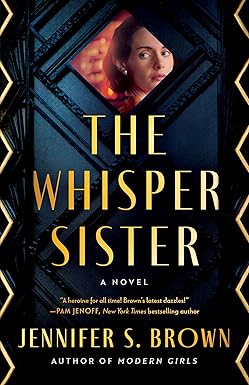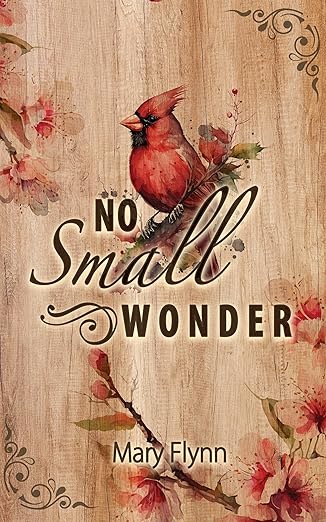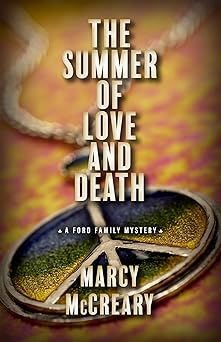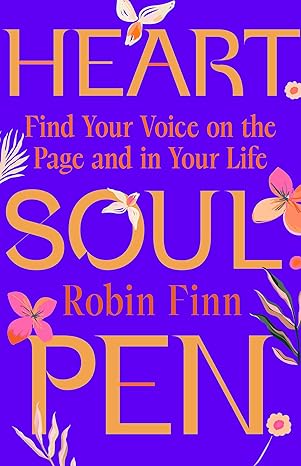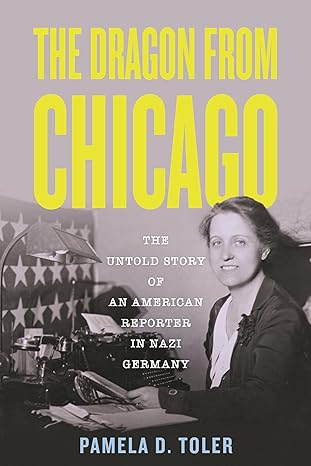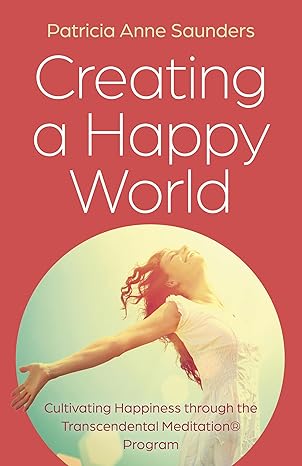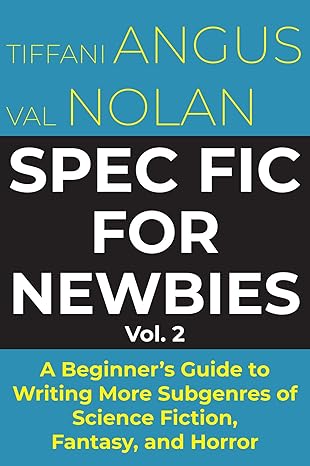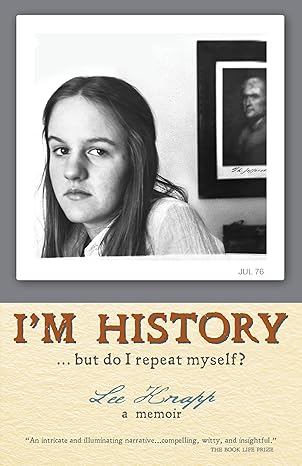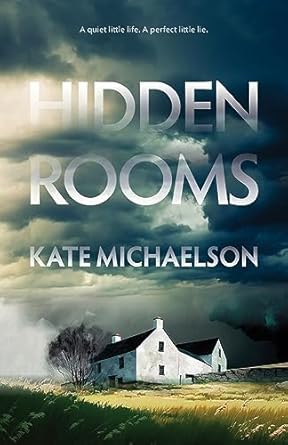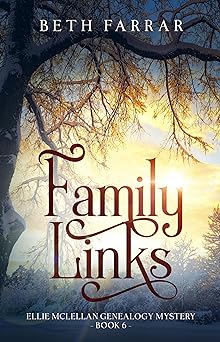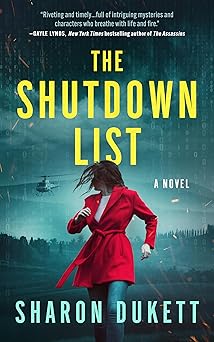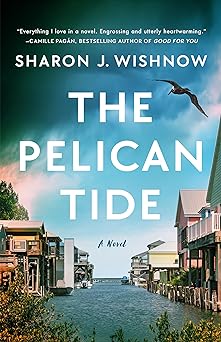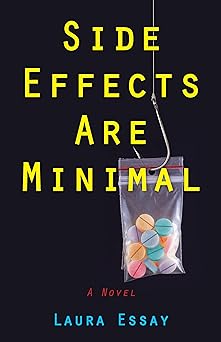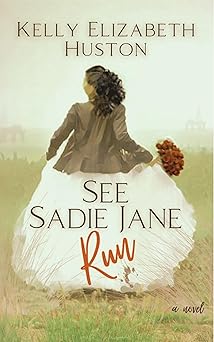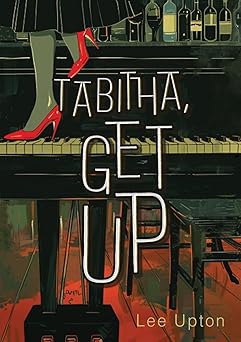On Writing Below Luck Level by Barbara Erasmus
Hannah wants her terminally-ill mother to die like a dog. Like a beloved, cherished dog, stroked, gentle-handed, by a loving owner, beside a qualified professional who’ll inject a measured dose to make the ending less traumatic. Fortunately for me, Below Luck Level, my novel about early-Alzheimer’s and assisted suicide, is fiction.
Authors of non-fiction books on the same topic risk arrest and imprisonment. South Africa, which boasts one of the most enlightened constitutions in the world, denies its citizens a right afforded to its dogs. The guilt of people who contribute to the death of the people they love is determined by a random throw of the dice. You won’t be arrested if you live in Oregon in the USA. Or Switzerland. Or Holland. You’re safe in conservative Canada, following a recent legal amendment. In 2022, Australia followed suit…
Unlike many writers, I never write about myself or the people close to me. I don’t have an autistic child or OCD, my parents did not die from Alzheimer’s and to the best of my knowledge, my husband has never embezzled millions from his bank! My background in teaching and journalism provided a diversity of background material for seven novels, classified as literary fiction. It’s an advantage to be older. I’ve experienced a wide range of emotions over the decades, made mistakes…
My propensity for error is reflected in my heroines. All are flawed. I’m attracted to talented people so I’ve given each a demanding career – there’s an actuary, an actress, an anthropologist, a journalist, a stockbroker – Hannah is a waitress! None is perfect. My goal is to make their stories credible so I’m delighted when readers think my novels are true stories. The biggest challenge for me in tackling early-Alzheimer’s in Below Luck Level was that the bleakness of the topic is at odds with my style of writing which is essentially light. The back page of Fair Lady is where you’d expect to find me. I was encouraged by reviews which comment that the story is entertaining and amusing, despite the inevitable sadness.
Because the South African market is so small, I try to choose subjects which are marketable internationally. Thus far, this has been pointless because I never sell any copies overseas – which makes my North American debut with Catalyst Press for Below Luck Level a heady prospect! I started writing only when I retired from teaching; after working full time all my life, I suddenly had time on my hands! I threw myself into research and loved it! I’ve been reading Penguin books since the days when all their covers were orange and white and I am still excited to see that famous icon on the covers of my own novels.
The topics I researched were triggered by random newspaper articles – for Below Luck Level, it was a feature on the Dignitas Clinic in Switzerland. I’m fanatical about beginnings and endings so I started each book by writing the first and last chapters – the challenge was then to find a route for my characters to get from one to the other! She was dead when I woke up beside her the next morning is the opening line – it took me about a year to make up my mind how she died. My GP thinks I am a psychopath as I kept phoning to ask him about credible ways to kill her!
My research changed with technology – not necessarily for the better. For my first three novels, it was very hands-on. I worked as a volunteer with autistic children and on a programme for rehabilitating prisoners from Pollsmoor. But with Below Luck Level, I did most of my research online. No more scouring through hopelessly outdated books in local libraries. At the click of a mouse, I can now read about international progress on virtually any subject I choose.
Sadly, when you’re researching Alzheimer’s, it’s all too easy to find first-hand information without logging in. Virtually everyone has a personal knowledge of someone effected by the disease. I thought autism was a topical subject when I wrote my first novel but it is no-where near as topical as Alzheimer’s. By the middle of this century, there will two billion people over 60. 10% of those people will develop Alzheimer’s by the time they are 65. And after that, the rate doubles every five years. In 2024, there are millions of people in the USA alone living with Alzheimer’s; the cost of caring for them has become a significant figure in the national budget. Billions of dollars are spent annually. It accounts for well over 50% of long-term insurance claims. Families are bankrupted by the cost of care; how can a country like South Africa cope with such an avalanche?
There has been progress in scientific understanding of the causes and treatment of the disease. I’m not an economist or a doctor so have not written my book from either of these points of view, despite all I learned during my research – I’m over 70 myself, so I can’t remember most of it! I’ve had to settle for empathy, rather than instruction. My own parents were old when they died. They didn’t have Alzheimer’s but it was devastating to watch them become old and diminished – not being able to fix things for them, despite them having reliably fixed things for me all my life. It would have been worse, had they been younger. Alzheimer’s was first diagnosed by a German pathologist in 1906 – his patient was only 57.
Patients with this form of Alzheimer’s get their diagnosis when they are still able to know everything that it implies about their future. I’ve been unable to find my car in the car-park at the grocery ever since I got my licence at 16 – but now that I’m over 70, I’m freaked out when it happens. Oh my god, I think! Where’s my car? I’ve got Alzheimer’s! But forgetting where you parked the car is normal. You should start worrying if you can’t remember how to drive it… particularly if you are a daughter who finds herself in this position – Alzheimer’s is often genetic. And more likely in women than men.
There’s comfort in a poem by local poet Finuala Dowling – although Alzheimer’s changes who a patient becomes, it can never change who they were.
My mother’s mind is a castle in ruin …
Time cannot hide what once stood here,
Or its glory.
Do not think that we are good
Or merely tourists.
That which detains us
Was once our fortress.
—
Barbara Erasmus is a writer and journalist living in Cape Town. Having grown up in Zimbabwe, she spent twenty-five nomadic years following her husband’s career, which sparked an award-winning career in travel writing. Barbara has published three novels in South Africa: Kaleidoscope (Penguin, 2004), nominated for the Commonwealth Best First Novel; Even with Insects (Penguin, 2005); and Below Luck Level (Penguin, 2012). Her crime novel, Chameleon, was published in installments on the blog Crime Beat, which she edited for three years. This is her North American debut.
BELOW LUCK LEVEL
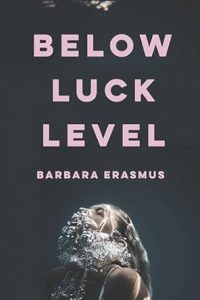 Hannah always finds a way to get what she wants. Daughter to Chloe Cartwright, an eccentric prize-winning writer more interested in politics than parenthood, and sister to a rugby-star brother, Hannah has never excelled at much besides shoplifting. Discovering a talent for petty crime, she steals what she needs to fit in with her wealthier school friends, while at home, her mother’s sporadic paychecks often mean an empty fridge.As an adult, Hannah falls, almost by chance, into a successful career as partner to one of South Africa’s leading chefs. But the universe has a dark sense of humor. When her mother’s increasingly erratic behavior forces Hannah home again, she finds herself in a bizarre role reversal, caring for the mother who never had time to care for her. As she searches for ways– both conventional and radical– to ease Chloe’s suffering, past and present blur.
Hannah always finds a way to get what she wants. Daughter to Chloe Cartwright, an eccentric prize-winning writer more interested in politics than parenthood, and sister to a rugby-star brother, Hannah has never excelled at much besides shoplifting. Discovering a talent for petty crime, she steals what she needs to fit in with her wealthier school friends, while at home, her mother’s sporadic paychecks often mean an empty fridge.As an adult, Hannah falls, almost by chance, into a successful career as partner to one of South Africa’s leading chefs. But the universe has a dark sense of humor. When her mother’s increasingly erratic behavior forces Hannah home again, she finds herself in a bizarre role reversal, caring for the mother who never had time to care for her. As she searches for ways– both conventional and radical– to ease Chloe’s suffering, past and present blur.
BUY HERE
Category: On Writing




